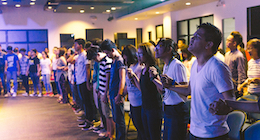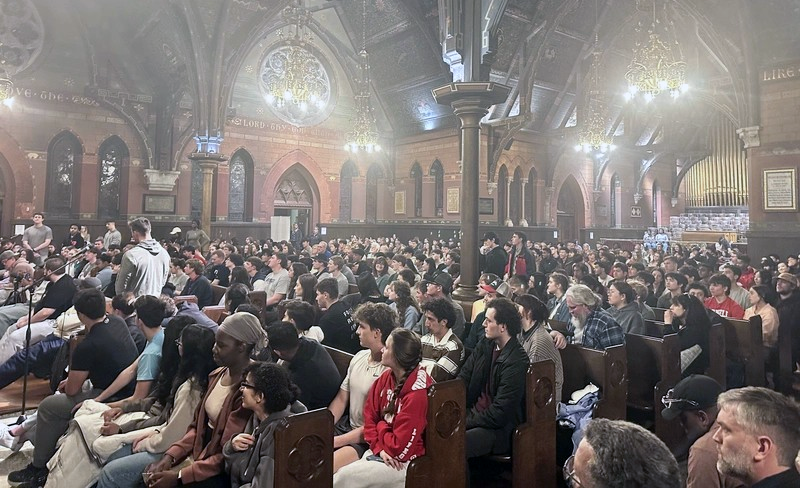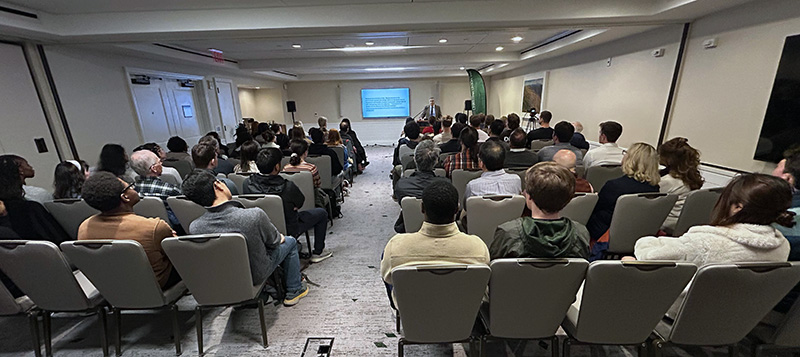Magazine
The Magazine

Fasting for Revival
Category - Uncategorized | Tag - fasting, layout_color_line_orange, revival, tony evans July 26, 2025If you need a breath of fresh air in your relationship with Jesus, have you fasted? Fasting ought to be...
Read More
America’s Last Nationwide Revival: The Businessmen’s Revival of 1857-58
Category - prayer | Tag - church history, revival July 24, 2025 Read More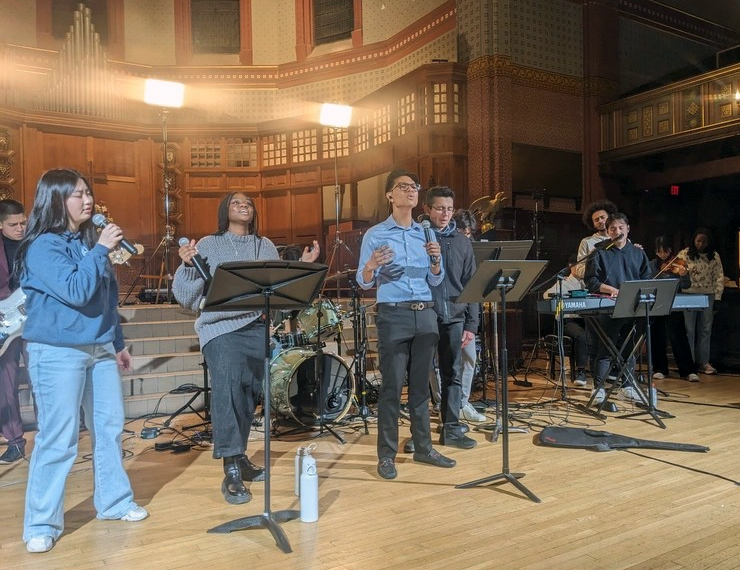
April 2025
Category - Christian Union Universities, Ministries, Pray For Yale April 19, 2025Something big is continuing to stir at Yale! This past month has been nothing short of remarkable. God is moving...
Read More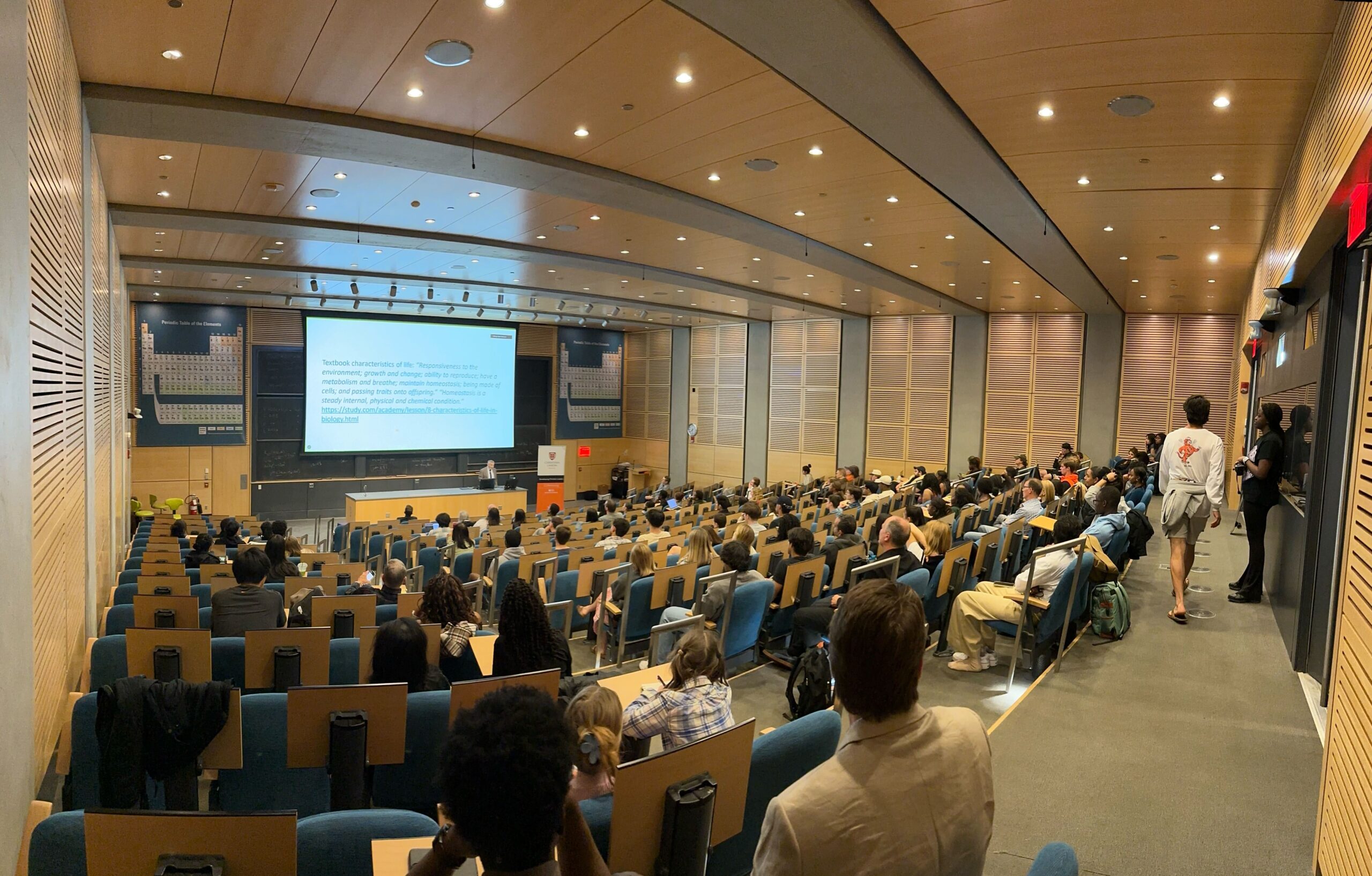
Christian Union Hosts Dr. James Tour
Category - The Magazine | Tag - Dartmouth, Harvard, Intellectual Engagement, Princeton, Seeking God, Yale April 13, 2025A Scientific Challenge to the Proposals on Life's Origin By Erin conner, Writer and communications associate "I am trying here...
Read More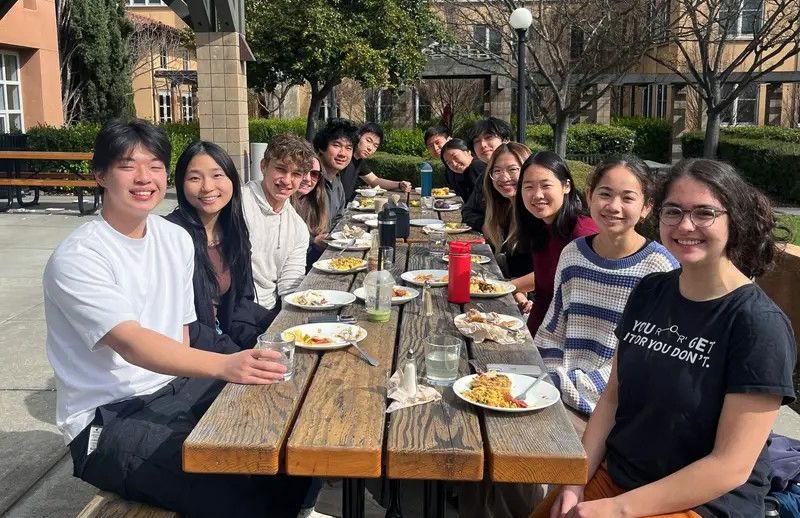
April 2025
Category - Christian Union Universities, Ministries, Pray For Stanford April 11, 2025Dear CU Caritas Cornerstone Partners and friends of the ministry,As we step into the spring quarter, we thank God for...
Read More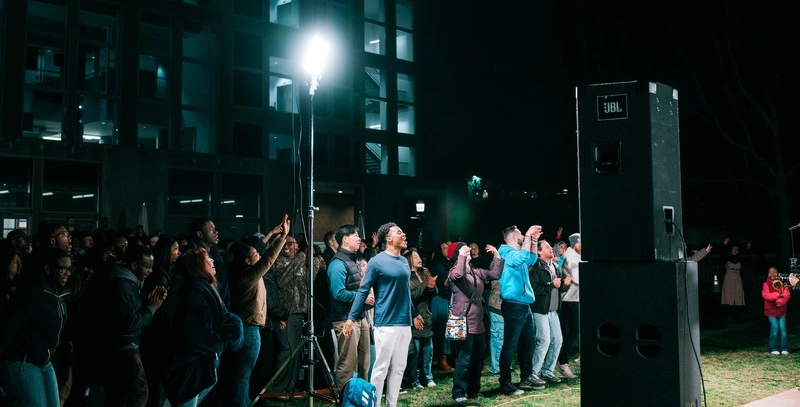
April 2025
Category - Christian Union Universities, Ministries, Pray For Princeton April 11, 2025Dear CU Nova Cornerstone Partners and friends of the ministry,“And this gospel of the kingdom will be proclaimed throughout the...
Read More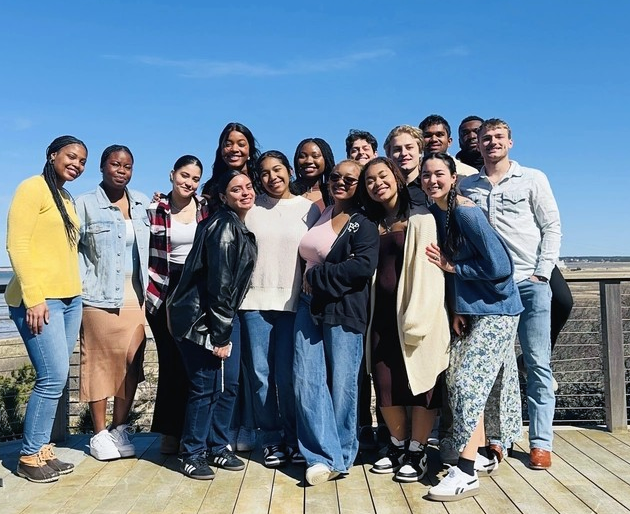
April 2025
Category - Pray For Brown April 10, 2025Dear CU Libertas Cornerstone Partners and friends of the ministry,“And day by day, attending the temple together and breaking bread...
Read More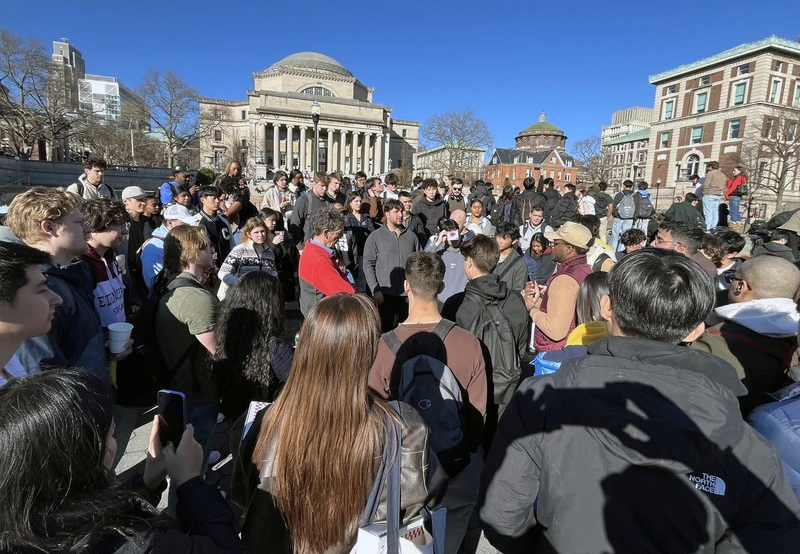
April 2025
Category - Christian Union Universities, Ministries, Pray For Columbia April 10, 2025Dear CU Lumine Cornerstone Partners and friends of the ministry,Grace and peace from New York City. As our students return...
Read More


